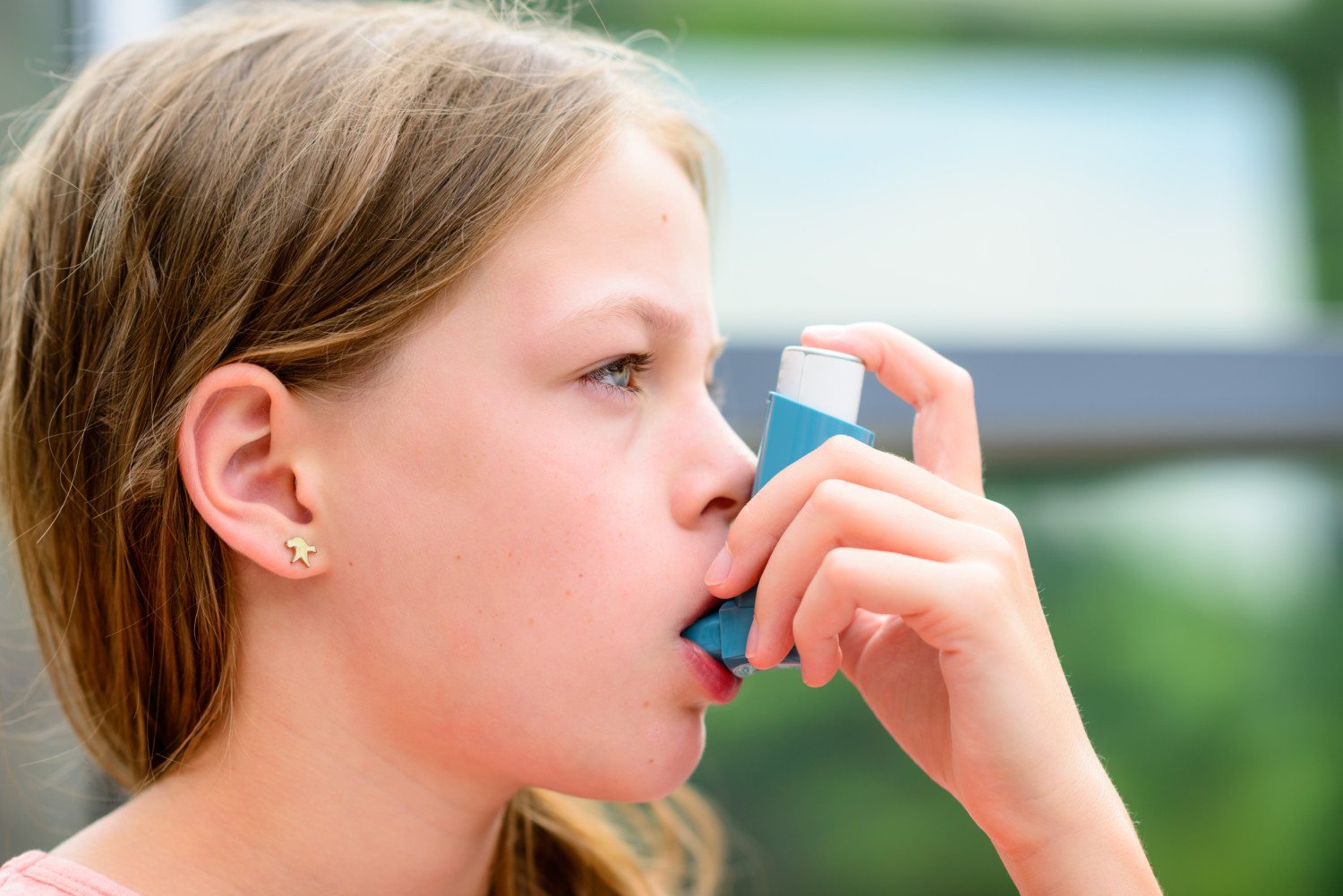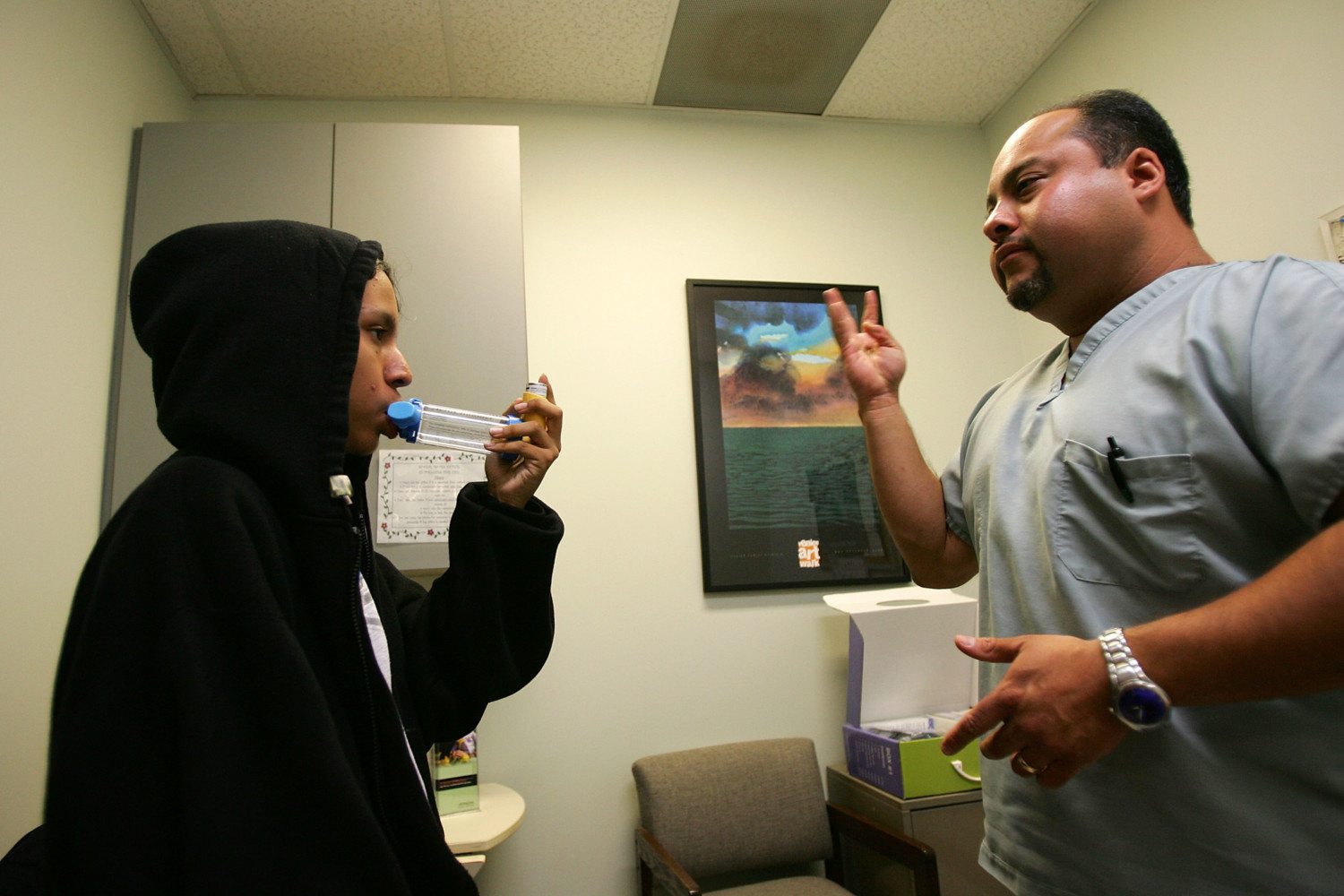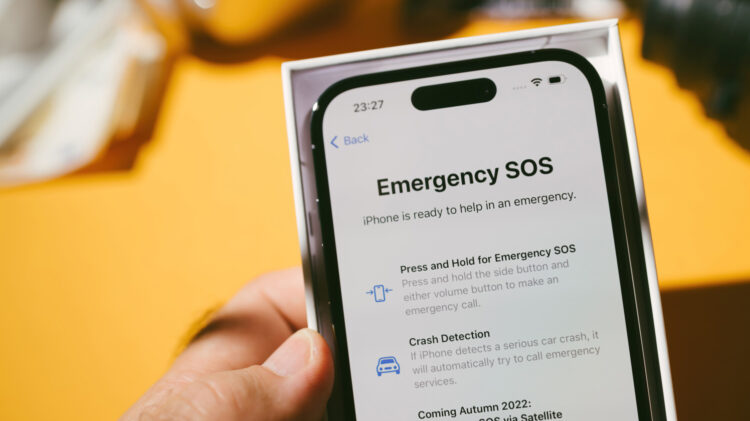What you need to know about severe asthma and who’s at risk

An asthma attack can be a scary experience. But many patients have a routine nailed down in case of an emergency. Most keep an inhaler on them at all times, so that in the case of an attack, they can quickly treat the problem and avoid more dangerous situations.
However, in the case of a severe asthma attack, a person’s usual approach might not work. An asthma attack is considered severe when an individual’s usual medication doesn’t abate the attack. According to WebMD, if an individual experiences any of the following symptoms even after taking their usual medication, they should be treated for an emergency:
- Shortness of breath
- An inability to speak in full sentences or concentrate
- Breathlessness (even if the individual lies down)
- Tightness in the chest
- A blue tint to their lips
- Feelings of agitation or confusion
- Hunched shoulders
- Strained abdominal muscles or neck muscles
- A feeling that they need to sit or stand to breathe easily
Not everyone with asthma may have a severe attack. But patients absolutely should talk to their doctor about what to do in the event of an emergency, since even those with mild asthma can have a severe attack.
Who may have a higher risk of a severe asthma attack?
You should be especially cognizant of your risk of a severe attack if you meet any of the following conditions:
- You’ve previously had a severe asthma attack
- Your asthma caused you to go the emergency room or a hospital before
- You’ve had an attack that requires intubation as part of its treatment
- You’ve been surprised by an asthma attack or have a quick onset of symptoms
- You have chronic or comorbid conditions, including cardiac or sinus issues
Whether or not an individual is at an increased risk of a severe asthma attack, they should be discussing an action plan with their doctor. If a person is susceptible to severe attacks, a physician may prescribe a different medication for them. This could include prescription corticosteroid tablets to take on an ongoing basis. Doctors will also let patients know the maximum dosage of medication they can safely take and at what intervals.
Remember, if a person has already used their usual medication and their symptoms continue or worsen, it’s time to call 911 and get doctors involved ASAP.
If you have asthma, make an emergency plan with your doctor long before you need it, and never hesitate to call for help.







